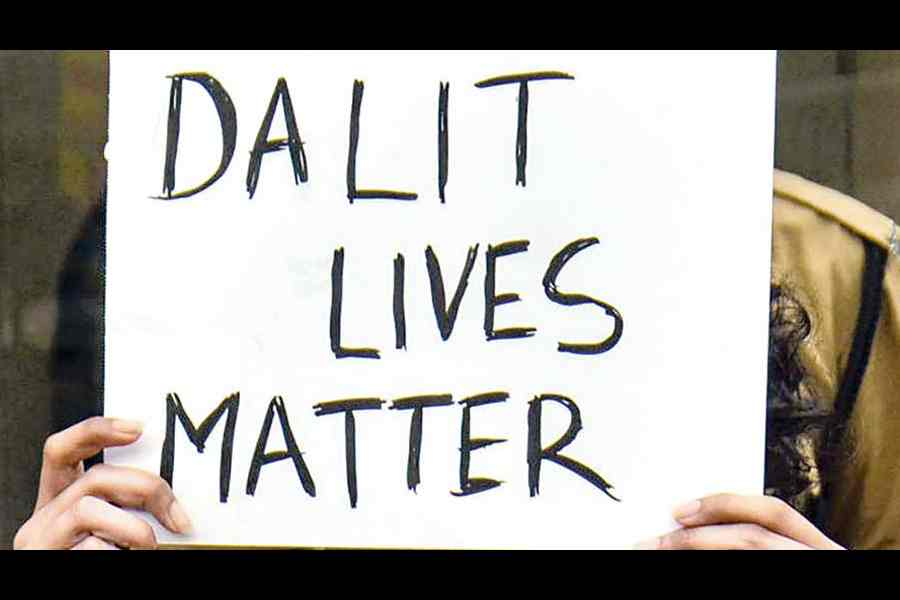Sex and gender
Without going into sociological explanations, when it comes to using the English language correctly, gender is a grammatical matter found in certain languages in which nouns are classified into two or more classes requiring different agreement. (Hindi, German and French are gender-inflected languages, but English and Bengali are not.) In contrast, sex is a matter of biology: one is born into one sex or the other, male or female, although there might be people who are biologically male but feel emotionally, psychologically or sexually female, or vice versa. You should not use gender when you mean sex. Write She was not given the job because of her sex, and not because of her gender.
Using gender for sex sounds unnecessarily prudish – as if you are too embarrassed to use the word sex in any sense. In this connection, think of the difference between the pairs male/female and masculine/feminine. Why is it wrong to use these pairs of adjectives interchangeably? Thinking about this might make us re-examine our commonest assumptions about what makes us men and women, and how we live out the fact of our sex in society and in the way we speak and write. Outside the context of grammar, find out what gender would mean to a social scientist, and why here, too, gender and sex are not synonyms.
Life is too short
Brevity is the soul of good English. Here are some unnecessarily long-winded usages, and their more acceptable, shorter, forms.
As to whether – whether; at the present time – now; at this moment in time – at present/now; because of the fact that – because; by virtue of the fact that – because; due to the fact that – because; has a tendency to – tends to; in the absence of – without; in the event that – if; in the near future – soon; in the not too distant future – eventually; prior to – before; subsequent to – after; the question as to whether – whether.
Holey or holy?
The suffix making adjectives from nouns, and sometimes from other words, is y, and not ey, like dirty, foggy, dusty, smelly and sunny. If the noun ends with an e, then this final e is dropped: icy, spicy, smoky, wiry. But a word ending in ue keeps the final e, like gluey. Hole becomes holey (full of holes), which is not the same as holy. If the original word ends in y, then the ending is ey, like clayey and the rather archaic skyey. Some words have double forms: gam(e)y, hom(e)y, mous(e)y, nos(e)y, stag(e)y. With these, you mat use whichever spelling you prefer. Note that fire becomes fiery. If the original word ends in c, this is replaced by ck: garlic- garlicky; panic – panicky.
This is the wife
There are few more objectionable ways of putting things as the wife. Some people think they are being clever by using this expression. Referring to your wife as the wife seems to suggest that she is part of a list of things you own, including the house, the car and the dog.










